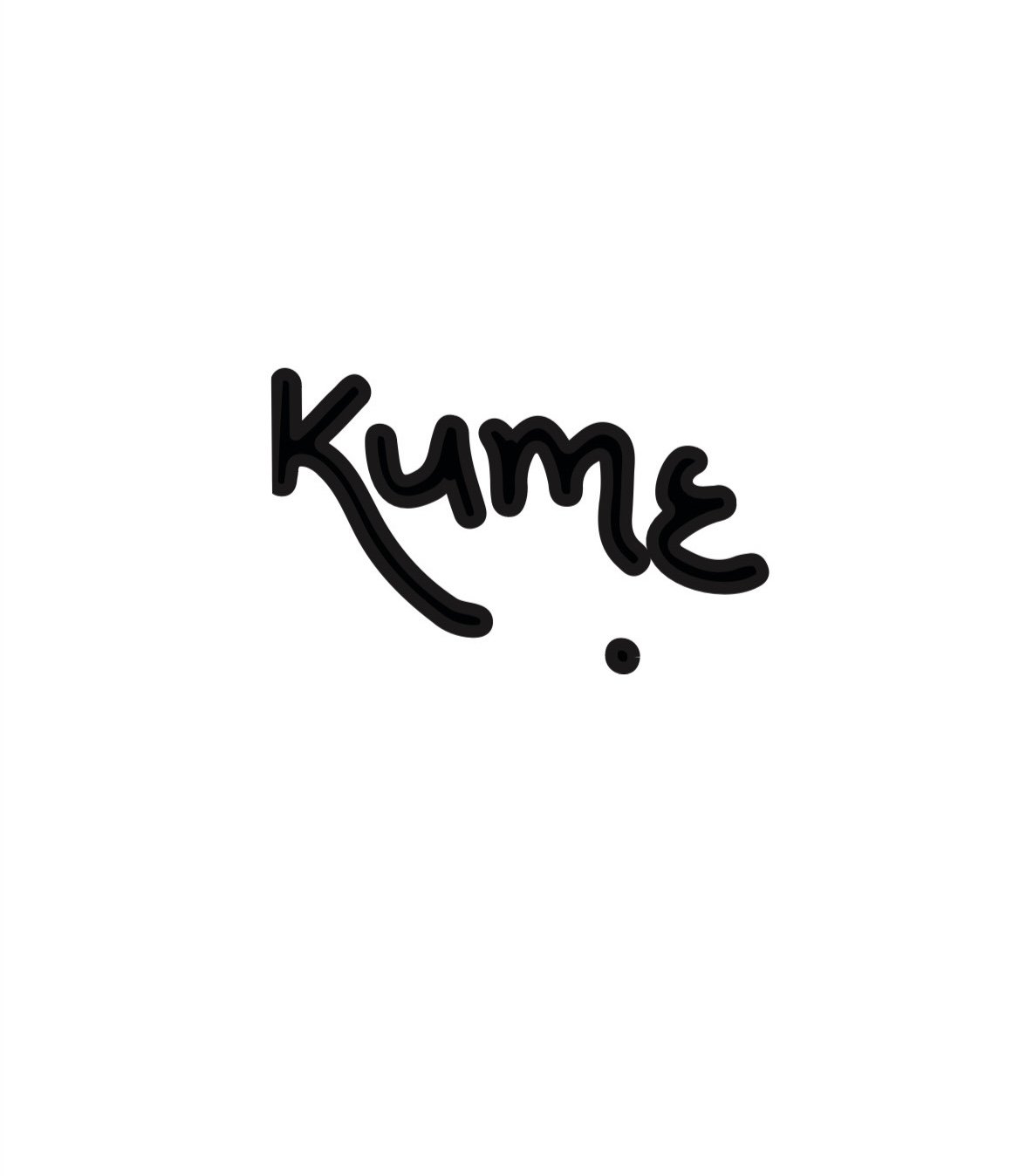Mistakes will be Made
3 min read
What is a mistake?
This is a question my friend's three-year-old niece asked. Over the holiday break, while drawing with her niece, my friend drew a letter in a way she didn't want, so she scratched it and drew the letter again. Her niece, paying close attention, pointed to the scruff and asked, "Tati, what is this?" "It's a mistake," my friend replied without missing a beat. In typical toddler fashion, her niece followed up. "What is a mistake?" This question made my friend pause. She did not have an immediate answer for her niece.
The question stuck with my friend, and a few days later, while we were catching up, she reflected on the situation and asked how I would define a mistake. I paused and then replied, "A mistake is an unintended outcome. It's neither good nor bad. Just not what we planned to happen."
No one is immune to making mistakes – they are a natural part of life. We are all bound to stumble and have missteps from time to time. Mistakes can be annoying, frustrating, or even painful, whether it's a minor inconvenience, like spilling coffee on ourselves on our way to work, or a significant slip, like launching a product prematurely. Our mistakes may be private or public, and we may face ridicule and criticism. It could serve as a rude awakening by taking us off track and forcing us to make an adjustment to our life.
Since being asked what a mistake is, I have asked other friends for their definitions of mistakes because how we view mistakes determines the way we react to them and what we do next. One perspective I especially appreciated is that mistakes are "an unplanned learning opportunity.” This definition does not cast a negative judgment on mistakes. Rather, it reframes it as a motivation to learn and improve and become a source of knowledge and experience. As a platform for actively cultivating curiosity and growth, this definition aligns with Kume’s purpose. Every perceived mistake can be an opportunity to know better and do better.
Here are a few tips for turning your mistakes into a learning opportunity
1. Reflect
Despite the discomfort we may initially feel after a blunder, we can (hopefully!) become receptive to new ideas out of necessity. But first, take a deep breath and step back, and examine the situation.
2. Internalize sans judgment
Try analyzing the mistake honestly and objectively by asking yourself the following:
What was I trying to do?
What went wrong?
When did it go wrong?
Why did it go wrong?
Asking these questions will not only help you understand what happened but also illuminate what needs to change to avoid repeating the mistake and consequently help you make better choices in the future.
3. Ask for help
Sometimes, you are unable to see where you went wrong. In such cases, asking a trusted person to help identify the misstep and suggest how to improve may be helpful. They may have experience with their own mistakes that they can pass on to you. An accountability partner can help you stay on track with your improvement plans.
4. Identify the gaps
Mistakes often happen due to gaps in knowledge, skills, tools, or experience. Identifying the gaps in your knowledge or process will show you where to apply your energy.
5. Put lessons learned into practice
Learning lessons is one thing, but putting them into practice is another! Acting on what you've learned requires discipline and motivation to change your habits.
Although we cannot avoid making mistakes, having a mindset oriented to learning can help us handle our missteps gracefully and use them to our advantage. Sometimes, mistakes take us off track to teach us something new about ourselves and prepare us for what is ahead. So the next time you have a sudden stumble, reference the tips above to pick yourself up and try again.
Sign up for our newsletter to receive Kume updates and our curated newsletter of tips on wellbeing, self-knowledge, happiness, and so much more.

